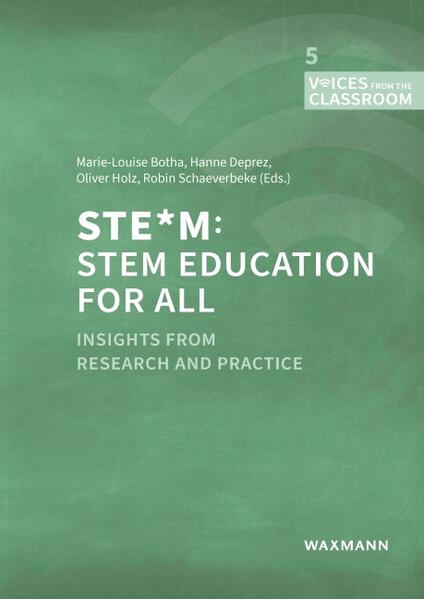STEM education Science, Technology, Engineering, and Mathematics is vital in the 21st century. There is a global demand for a skilled workforce in fields like Maths, Science, ICT, and the Arts, yet these careers are often under-promoted. Amid rapid technological change and global challenges, STEM equips learners with essential skills through interdisciplinary collaboration. The asterisk in STEM highlights this evolving focus. The book explores diverse research contexts from student experiences to diversity and inclusion featuring perspectives from Belgium, Botswana, Germany, Namibia, South Africa, and the USA.
STEM education, which encompasses Science, Technology, Engineering, and Mathematics, is of paramount importance in the 21st century. Currently, there is a global call for a technologically skilled workforce for the 21st century workplace related to scarce skill subjects such as Mathematics, Science, ICT and Arts. Furthermore, these skills and jobs are not promoted effectively in wider communities. In this era of rapid technological advancements and complex global challenges, including a shortage of qualified STEM educators and under-resourced schools, STEM education is essential. It equips individuals with critical skills for success through collaborative and interdisciplinary approaches.
The asterisk in STEM reflects its evolving nature, promoting interdisciplinary collaboration to develop critical skills needed in a rapidly changing, technology-driven world.
The scope of the book is multi-faceted and explores a range of practices and research contexts such as student STE*M-stimulated experiences, transdisciplinarity, diversity and inclusion in STE*M education, and science teaching in primary and secondary schools. The contributions show different perspectives from Belgium, Botswana, Germany, Namibia, South Africa and the United States of America.
Jetzt reinlesen:
Inhaltsverzeichnis(pdf)